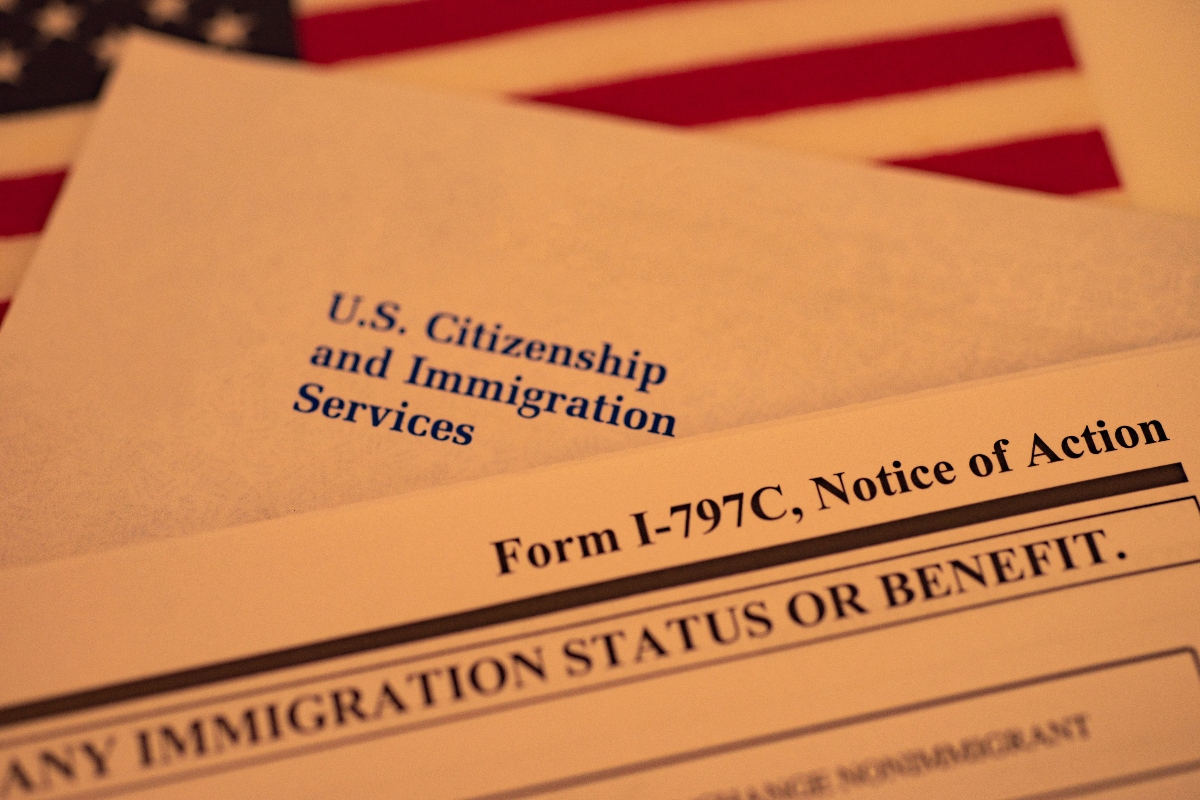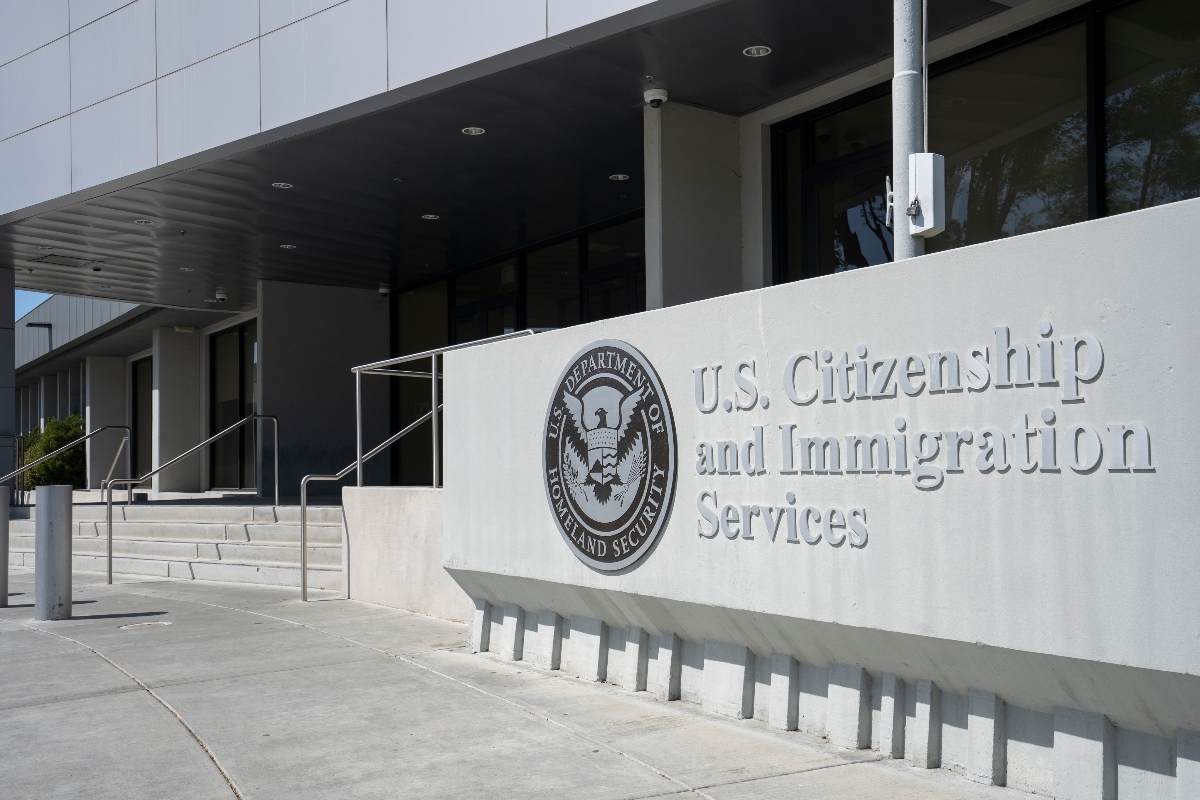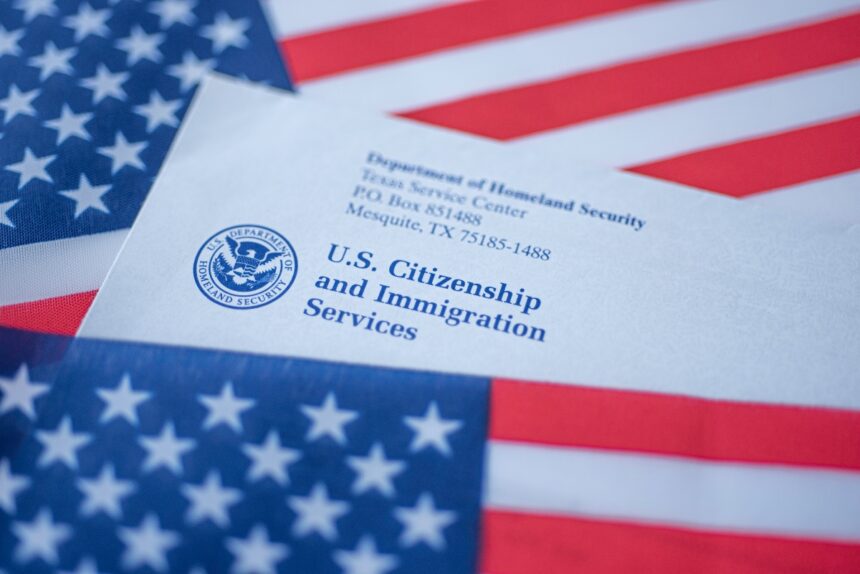“Any false statement, no matter how small it may seem, can destroy your immigration case”. So warns USCIS, the federal agency in charge of processing immigration applications in the United States. And this is no exaggeration. In 2023 alone, more than 8,000 immigration applications were denied due to fraud or false statements, according to official data from the Department of Homeland Security (DHS).
The U.S. immigration system is designed to detect inconsistencies, and the consequences of lying can be devastating. In a time when every application is scrutinized, understanding what happens if you lie on an immigration application is not only important… it is vital.
Legal consequences of lying

Lying on an immigration application is not a minor mistake.
In many cases, it is considered a federal offense.
This includes misrepresenting information, submitting false documents or even concealing important information, such as a previous arrest.
Under section 212(a)(6)(C)(i) of the Immigration and Nationality Act(INA), any person who “obtains an immigration benefit by fraud or intentional misrepresentation of a material fact” is inadmissible for life.
What does this mean? That you could be permanently barred from entering the U.S., even if you are married to a U.S. citizen or have children born here.
Who reviews the data?

The USCIS agency has multiple tools for cross-referencing information, including databases from the FBI, the IRS and even social networks.
In addition, any inconsistencies between your current (immigration application) and previous forms will be detected.
What you say can and will be verified
uscis.gov
For example, if you claim that you have never left the country but CBP’s entry-exit history indicates otherwise, your application may be cancelled immediately.
In addition, you may receive a notice to appear before an immigration judge.
Are there exceptions or waivers?

Yes, but they are very limited.
In some cases, you can apply for a waiver, but only if you can show that the refusal would cause “extreme hardship” to an immediate family member who is a citizen or lawful permanent resident.
Even so, forgiveness is not automatic and requires solid evidence and an experienced attorney.
What to do if you made a mistake
If you have already submitted an immigration application with incorrect information, the best thing to do is to immediately consult with an accredited immigration attorney.
Don’t try to correct it yourself. Accepting a mistake can save your case; denying it can bury it.
For more information, visit QueOnnda.com.























